
So what’s the solution?
I hear what you say, we need to find ways to take good care of what we do have. Testosterone is one if not the most significant hormone for men and it’s needed for so much more than simply a bit of fun in the bedroom.
Do you want to hear some good news?
Touted as “andropause” low testosterone could be the next male crisis to hit us, but today my fellow bro’s we are going to stop it dead in its tracks.
There are ways to boost your testosterone and the best thing is I’ve found out how.
You will get to grips with the warning signs of low testosterone so you can nip it in the bud before it becomes a major disaster. What’s more, by the time we have finished you will be clued up the causes too so you know what to avoid from the outset.
So let’s grab low testosterone by the balls and say get lost to hypogonadism once and for all with my 15 signs of low T-levels in men and more…….
Low Testosterone in Men
“What is testostosterone?”
Testosterone is a male sex hormone which carries a lot of clout for men. It’s produced in the testes yet in terms of how much and when, that’s all down to the brain and the pituitary gland.
“How does it work?”
It all starts off with the body’s main commander – the brain. After the “boss” has established
quantity it “talks” to the pituitary gland and says how much needs to be produced.
You could say the pituitary gland is the “go-between” in the whole process. It passes the instructions onto the testes and wham!! Testosterone is released into the bloodstream to do it’s “thing”
“What does testosterone do for the body?”
For a guy, testosterone’s line of work spans a wide area.
Here’s what this male sex hormone means for you:
- Develops and maintains sex organs
- Deepens vocal chords
- Encourages body and facial hair growth
- Plays a role in metabolism
- Keeps bones strong
- Increases sexual appetite
- Encourages muscle mass
- Influences behaviour (aggression, mood, morale)
- Regulates body fat
- Improves and maintains strength
- Regulates fertility (sperm count)
- Boosts red blood cell production
So now you can see the benefits and why it’s so crucial for all things “man” and beyond.
There’s one big catch.
If you think testosterone levels remain constant throughout your life so you’ve got nothing to worry about – wake up and smell the coffee!!
Here’s the thing.
Testosterone takes a nosedive as you age.
Signs of Low Testosterone in Men
Low testosterone doesn’t happen overnight, it’s a slow creeper. This means over a period of time you might find yourself feeling half the “man” you once were.
“What signs should you be looking out for?”
Low testosterone (clinically known as hypogonadism) affects both your mental state as well as the physical side. To help you catch it out sooner rather than later, here’s a checklist containing 15 low testosterone symptoms in men: 1
Signs of low testosterone in men:
- Erection difficulties or dysfunction
- Lack of penile sensation
- Impotence
- Difficulties reaching orgasm
- Loss of libido
- Irritability
- Reduced muscle mass
- Increase in body fat
- Decrease in strength
- Fatigue
- Insomnia
- Frequent change in mood
- Hair loss
- Lack of concentration
- Decreased energy levels
Do any of these sound familiar to you?
Now you could argue some of the low testosterone side effects are very similar to the knock on trials of everyday life. Let’s face it after a hard days graft sometimes a beer and the ball game can win hands down over a date with a hot chick.
Here’s the kicker.
If you feel your bedroom performance constantly resembles “lackluster” and not “lively”, you could have something to worry about.
But that’s not all
Some warning signs aren’t even sexually related. Putting on a bit of weight and losing some strength could be down to all kinds of reasons.
Bottom line
Low testosterone is very easily overlooked.
“How is low testosterone officially diagnosed?” 2
It will involve an early morning trip to the docs for a physical examination and a testosterone level test.
Your doctor will ask you lots of questions regarding your symptoms and look at your medical history. He will also take a sample of your blood to analyse how much of the hormone you have floating around.
Low Testosterone Causes
There are many low testosterone causes. These span from self inflicted lifestyle choices across the board to a knock on effect from medical problems.
Lack of Sleep
One cause of low testosterone is very simple to to put right. It sounds crazy but the other night time activity (I’m talking about sleep) is a major factor.
Sleep is the time where we restore, rejuvenate and reset everything back to square one for the day ahead – this includes testosterone levels.
Here’s something to think about.
Restricting your sleep could mean you are causing your testosterone levels to drop by 10 to 15 percent. 3
Being Overweight
Have you stepped on the scales recently? If your BMI is screaming at you to do something about it, don’t ignore it.
Considering the male hormone is linked to body fat and muscle regulation it stands to reason low testosterone and obesity have a close “love-hate” relationship.
Here’s the deal.
Obese men are more likely to have lower testosterone levels than guys of a normal weight. What’s more you also increase your likelihood of becoming overweight if you have low testosterone. 4
Zero Exercise
How does your weekly workout routine pan out?
Are you a hardcore heavy lifter or do you find every excuse under the sun to dodge the gym? Well if your efforts (or lack of) fit into option “B” you can say hello to hypogonadism.
Low testosterone levels are bumped up through exercise, so if you choose to sit on your butt all day it’s going to cause them to plummet. 5
Choose Your Diet Wisely
When trying to shed excess baggage be very careful you don’t cause low testosterone in the process. Experts have revealed certain diets can affect your sex hormone levels.
What this means is.
Low-fat high-fiber diets are off limits, they cause a drop in testosterone. In fact the general opinion is that low fat diets in are not good for testosterone levels at all. 6 7
Medication
Any form of medication comes with a long list of potential adverse reactions, but have you checked to see if low testosterone is included.
Here’s the interesting part.
I’m not just talking about heavy duty prescription drugs here, even over the counter painkillers could cause a potential problem.
Aspirin initially increased testosterone levels, yet after a prolonged period of use, it had the total opposite effect. 8
Alcohol and Steroid Abuse
If you are an alcoholic or a bodybuilder you could be causing low testosterone levels with your actions. Drinking to the extreme and taking anabolic steroids can mess up your male hormone.
Here’s the problem.
Alcohol can interfere with communications between the pituitary gland and the testes. What’s more, booze can affect cells which directly produce testosterone. 9
Anabolic steroids contain synthetic forms of testosterone. When you start supplying your body with an external source your body stops producing its own supply causing low testosterone. 10
Testosterone Levels in Men
Testosterone is heavily involved in your life even before you walk on the earth – it kicks into gear and starts making your boy bits inside the womb.
But how do testosterone levels in men differ through your life? When are they at their peak? To give you an idea what’s coming up let’s walk through the decades:
20’s
In your 20’s you are in the prime of your life and so are your sex hormones. Your T-levels have climaxed during puberty and in this decade will start to slowly head south. – you can expect a slight drop of around 100 ng/dL.
30’s
Did you know?
After the age of 30 testosterone levels decrease rapidly – by as much as 2 percent a year. 11
It’s definitely the real turning point for testosterone levels in men. This is when they really begin to drop significantly and it’s highly likely for levels to plummet by double that of the previous period.
40’s and Beyond
By the time you have reached the end of the 40’s your testosterone levels have taken a nosedive and dropped by over half of what they were in your 20’s.
“What is a normal testosterone level for a man in his 40’s?”
“Normal T-levels at this age should be somewhere in the region of 400 to 600 ng/dL depending on whether you are early or late 40’s
“What happens when you hit 50’s plus?”
The dramatic decline tends to slow up, testosterone levels continue to diminish but it’s not as drastic. From the age of 50 to 70 T-levels only decrease by a further 200 ng/dL.
However, this where you hit rock bottom – you will only have around 200 ng/dL left swimming around your body.
Symptoms of High Testosterone Levels
Ok, so I know we are focusing on low testosterone, but you can also have too much of a good thing.
This happens usually if you inject testosterone into your body or use steroids which is illegal.
Many of the bad symptoms we discuss here are due to using steroids.
Here’s the deal:
With natural high testosterone levels you only experience the positive things.
With the roles reversed, here are the high testosterone symptoms to watch out for: 12
- Acne
- Oily skin
- Male pattern baldness
- Excessive growth of facial and body hair
- Man boobs
- Water retention
- Enlarged prostate
- High blood pressure
- Cholesterol problems
- Aggressive behaviour
- Enlarged prostate
- Increase in muscle mass
- Changes in body composition
Supplements for Low Testosterone
Science can be very handy at times and that’s certainly the case when it comes to low testosterone supplements.
“What are supplements for low testosterone?”
Over the years research has discovered certain compounds can increase testosterone levels naturally. They range from ancient exotic herbs across the board to your everyday essential vitamins and minerals.
Here’s the kicker.
Testosterone supplements contain such ingredients with the sole aim of stimulating your own testosterone production.
“Do supplements for low testosterone really work?”
It’s fair to say everyone reacts differently, so for example what would work for one guy may not be as successful with the next bro.
However, with some research of your own you can find some pretty effective supplements to boost T-levels.
To help you with your search, I’ve found a few proven ingredients to keep your eyes peeled for:
- Zinc is one mineral with a scientific link to testosterone production. Keep your levels up and testosterone will follow. 13
- Vitamin D is an essential nutrient proven to boost testosterone levels. This ingredient can increase the male hormone by as much as 30 percent. 14
- Tribulus terrestris can improve sperm quality, boost testosterone and help you achieve a better physique. 15
- D-aspartic acid (DAA) is a top notch T-booster. It’s known to help manage and make both testosterone and its precursors. 16
#1 Testosterone Booster: TestoGen
TestoGen is a highly rated testosterone booster which has made it to top #1 spot of our wish list. Our researchers and readers also recently voted the #1 test booster in our guide to test boosters here.
It’s formulated with natural herbs and minerals which are all scientifically proven to improve low testosterone. What’s more it’s totally effective, safe and side effect free.
TestoGen gives you all the benefits of normal T-levels and beyond which means you can get your life back on track. It’s designed to enhance workouts, bump up bedroom “fun” and recharge your mind, TestoGen literally has it all covered.
To sum it up, here’s the highlights of TestoGen:
Pros:
- Bumps up energy levels
- Increases lean muscle mass
- Encourages fat loss
- Improves focus and self esteem
- Skyrockets libido
- Increases low testosterone levels
- Totally natural and safe to use
- Science-based T-level boosting ingredients
- Zero side effects
- Money back guarantee
- Free shipping
Cons:
- Direct sales only
- Expensive price tag
Learn more: visit the TestoGen website / see Top 5 test boosters (TestoGen was voted #1)
Natural Low Testosterone Treatments
“What happens next if I have low testosterone?”
If you find out your male hormone is underperforming you will need a low testosterone treatment to get you on the road to recovery.
TRT or testosterone replacement therapy is available in the following forms:
Gels/Creams
Topical forms of low testosterone treatments are popular because they are effective and easy to administer. It basically involves rubbing a gel or a cream onto the skin on a daily basis. 17 18
Patches
Low testosterone patches work by sticking the patch to either your arm or your scrotum for 24 hour periods. It’s another convenient way to boost low testosterone, yet they have been known to cause skin irritation. 19
Injections
You can also get TRT in injectable form. This will involve jabbing a needle into the muscle to deliver the hormone. Experts deem the injection to be the most effective method, but if you are needle phobic, this won’t be your first choice. 20 21
Implants
Testosterone implants are placed underneath the skin and left to disperse. It’s the longest lasting treatment which could keep a steady supply going for up to 7 months.
“Can you get testosterone replacement therapy in pill form?”
To be honest, oral TRT is something not recommended simply because the risk for the liver is too great. 22
Here’s the bad news.
TRT is not suitable for everyone. This is why you need doctor’s approval to start this kind of low testosterone treatment.
Prostate Issues
One drawback to testosterone replacement therapy is that it can oversize the prostate gland. This means for a already guy suffering with the condition BPH (benign prostatic hyperplasia) TRT is a no-no.
Here’s why.
With BPH the prostate is already enlarged so any further increases could be down right dangerous. 23
Cancer
TRT has also been linked to cancer – it can encourage growth or increase chances of development. If you either have the disease or are in the high risk category this treatment cannot be offered. 24
Blood Conditions
If you are anemic TRT can improve your problem with a boost in red blood cell production. However, if you have a high blood count in the first place it can lead to problems with your heart and circulation.
But that’s not all.
Blood clots are also potential threat, which means DVT (deep vein thrombosis) can be a big concern.
So what’s the answer?
For those that can’t take TRT (or decide not to) there is always the option of a natural low testosterone treatment.
Here’s a rundown of what you can do to boost your testosterone levels without a prescription:
- Take a natural testosterone booster
- Workout more
- Give up smoking
- Cut back the alcohol
- Sleep more
- Follow a better diet
- Lose weight
References
- https://www.ncbi.nlm.nih.gov/pmc/articles/PMC3255409/
- https://www.ncbi.nlm.nih.gov/pmc/articles/PMC4255853/
- https://jamanetwork.com/journals/jama/fullarticle/1029127
- https://www.ncbi.nlm.nih.gov/pmc/articles/PMC4154787/
- https://www.ncbi.nlm.nih.gov/pubmed/21058750
- https://www.ncbi.nlm.nih.gov/pubmed/6298507
- https://www.ncbi.nlm.nih.gov/pubmed/6538617
- https://www.ncbi.nlm.nih.gov/pubmed/6773893
- https://www.ncbi.nlm.nih.gov/pubmed/15706796
- https://www.ncbi.nlm.nih.gov/pmc/articles/PMC4744441/#CR38
- https://www.ncbi.nlm.nih.gov/pmc/articles/PMC4707424/
- https://www.ncbi.nlm.nih.gov/pmc/articles/PMC3897047/
- https://www.ncbi.nlm.nih.gov/pubmed/8875519
- https://www.ncbi.nlm.nih.gov/pubmed/21154195
- https://www.ncbi.nlm.nih.gov/pubmed/27401787
- https://www.ncbi.nlm.nih.gov/pmc/articles/PMC2774316/
- https://www.ncbi.nlm.nih.gov/pubmed/12614254
- https://www.ncbi.nlm.nih.gov/pmc/articles/PMC2701485/#b70-tcrm-5-427
- https://www.ncbi.nlm.nih.gov/pmc/articles/PMC2701485/#b70-tcrm-5-427
- https://www.ncbi.nlm.nih.gov/pubmed/25898953
- https://www.ncbi.nlm.nih.gov/pmc/articles/PMC2701485/#b70-tcrm-5-427
- https://www.ncbi.nlm.nih.gov/pmc/articles/PMC2701485/#b70-tcrm-5-427
- https://www.ncbi.nlm.nih.gov/pmc/articles/PMC2701485/
- https://www.ncbi.nlm.nih.gov/pmc/articles/PMC2701485/

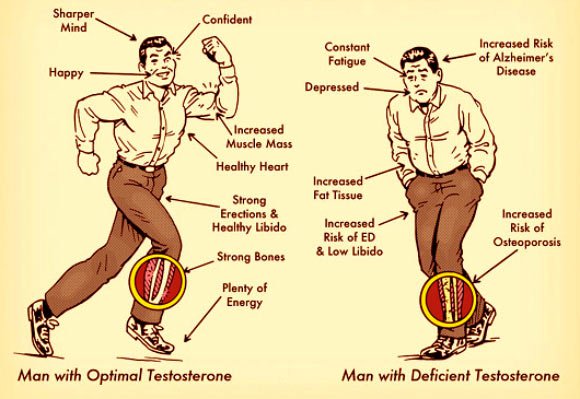


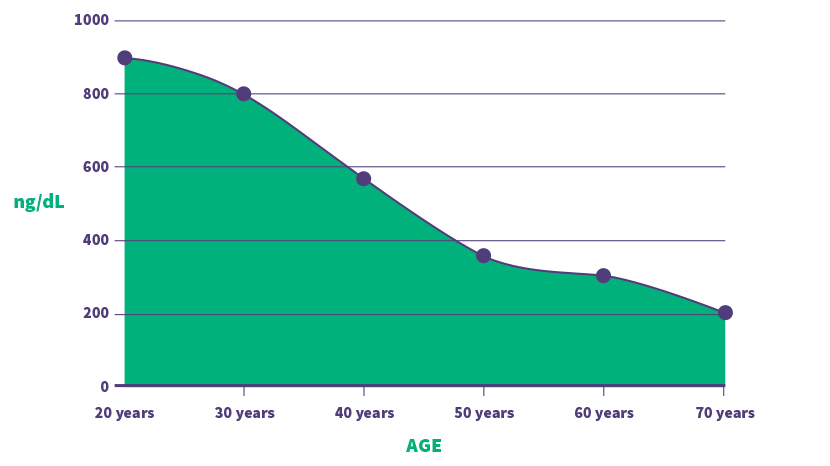
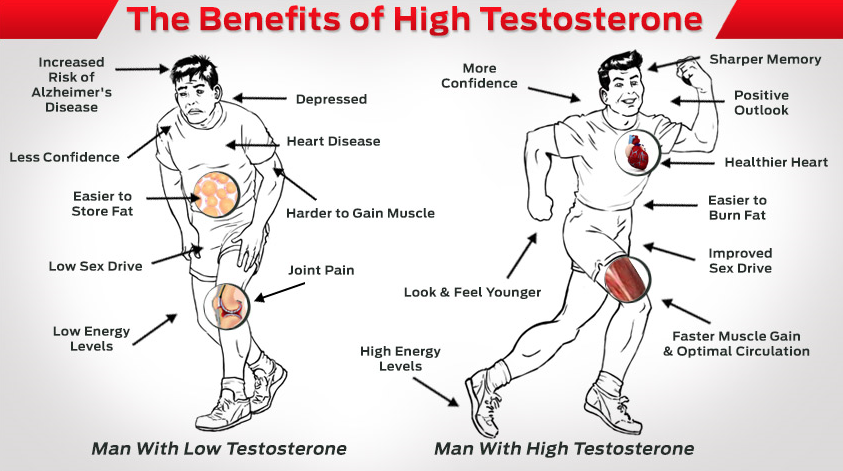
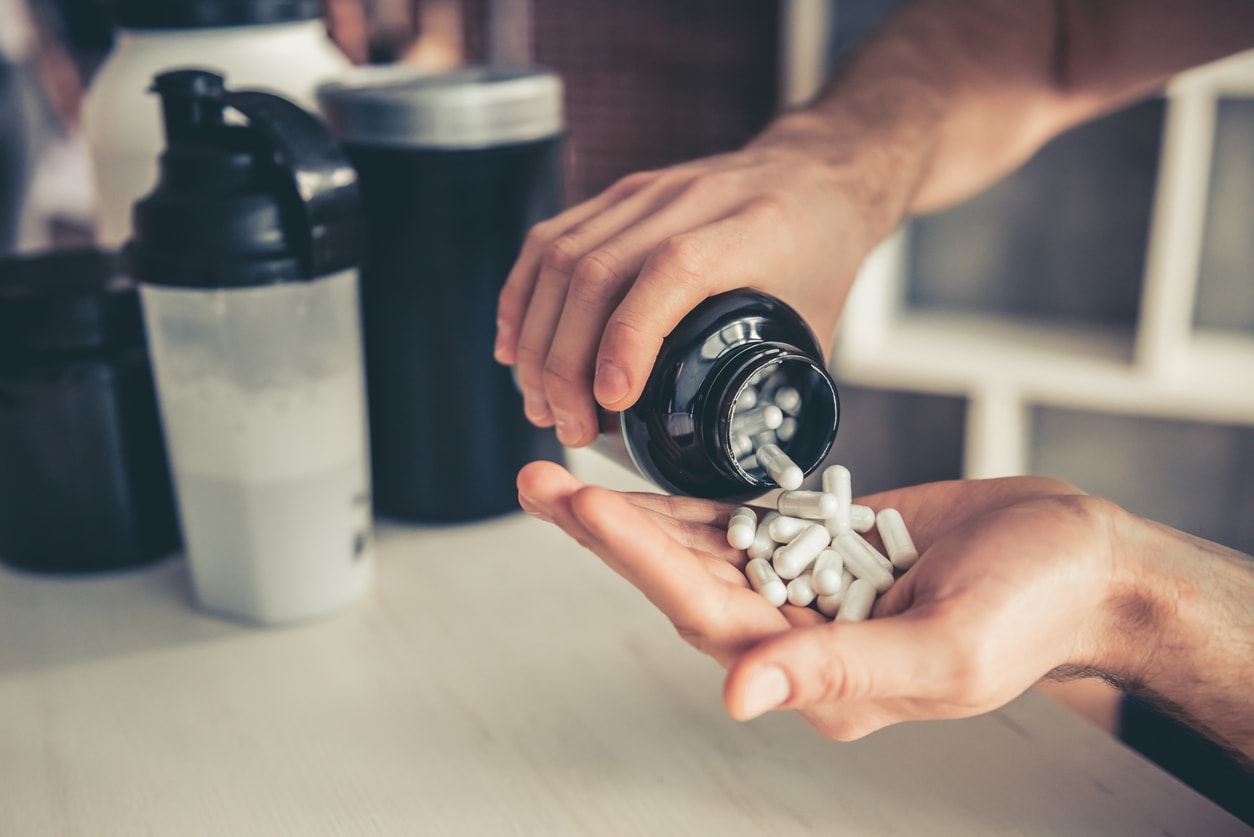
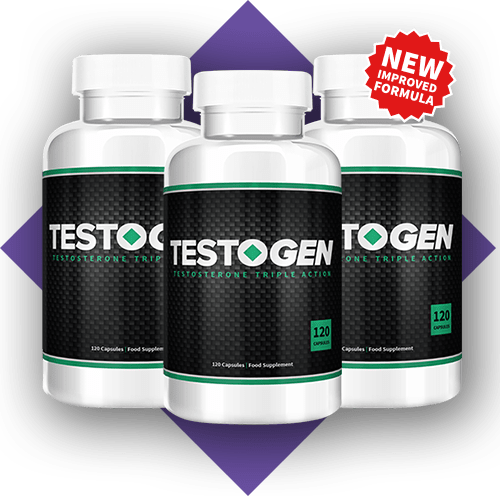
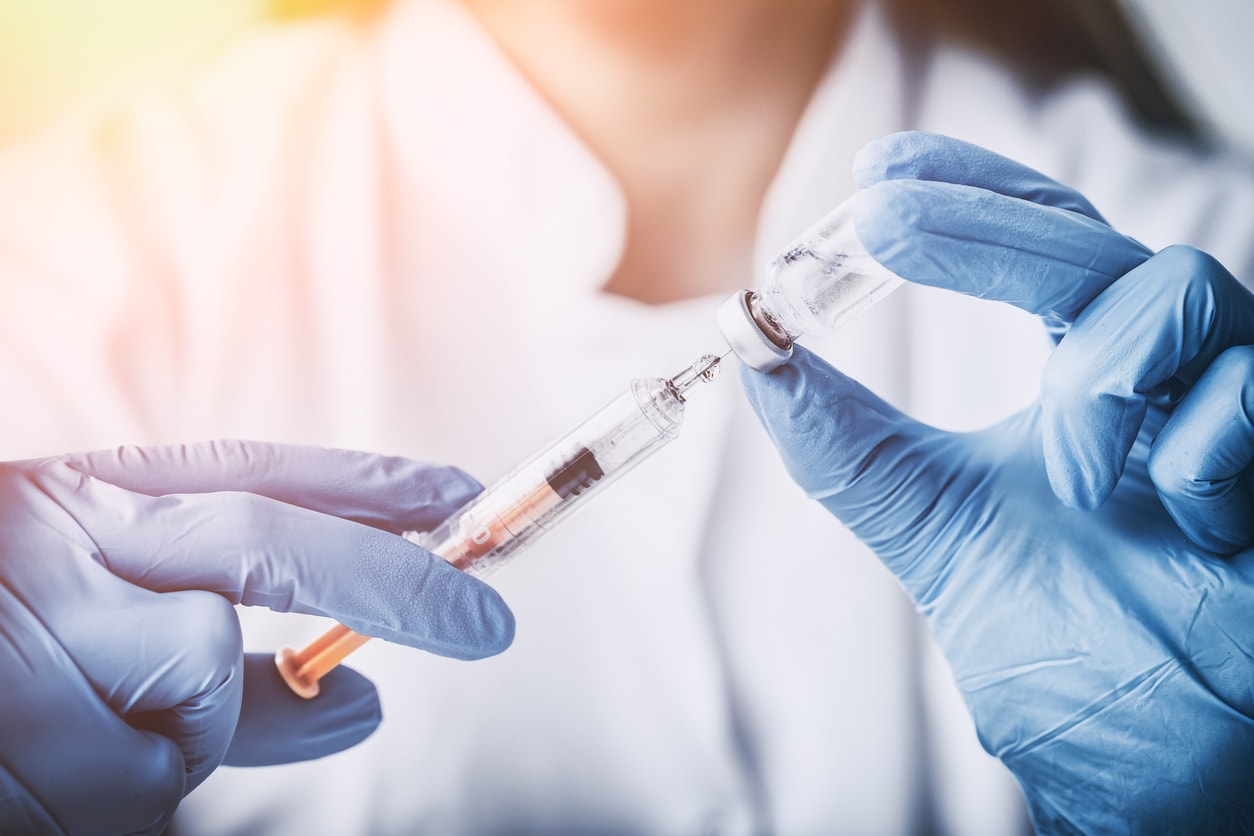

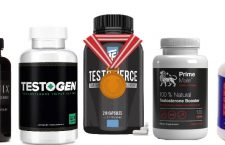



Leave a Reply